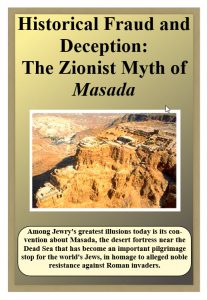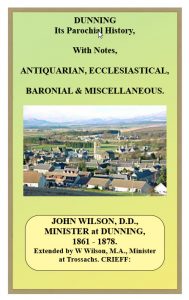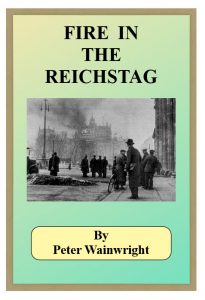In the years preceding the American Revolution, there were no great leaders in America. The situation of economic slavery created the leaders: Washington, Jefferson, Henry, Adams, Madison, Franklin and the rest.
At the time of Patrick Henry’s fiery speech on March 23, 1775, his Virginia colleagues were so scared and shocked that they proposed a vote of censure.
At the time of the signing of the Declaration of Independence, less than ten per cent of the people in the Thirteen Colonies dared to speak and act in its defence. That less than ten per cent was the leadership, was the beacon round which the rest of the people rallied after the “shot heard round the world” inspired them to action.









